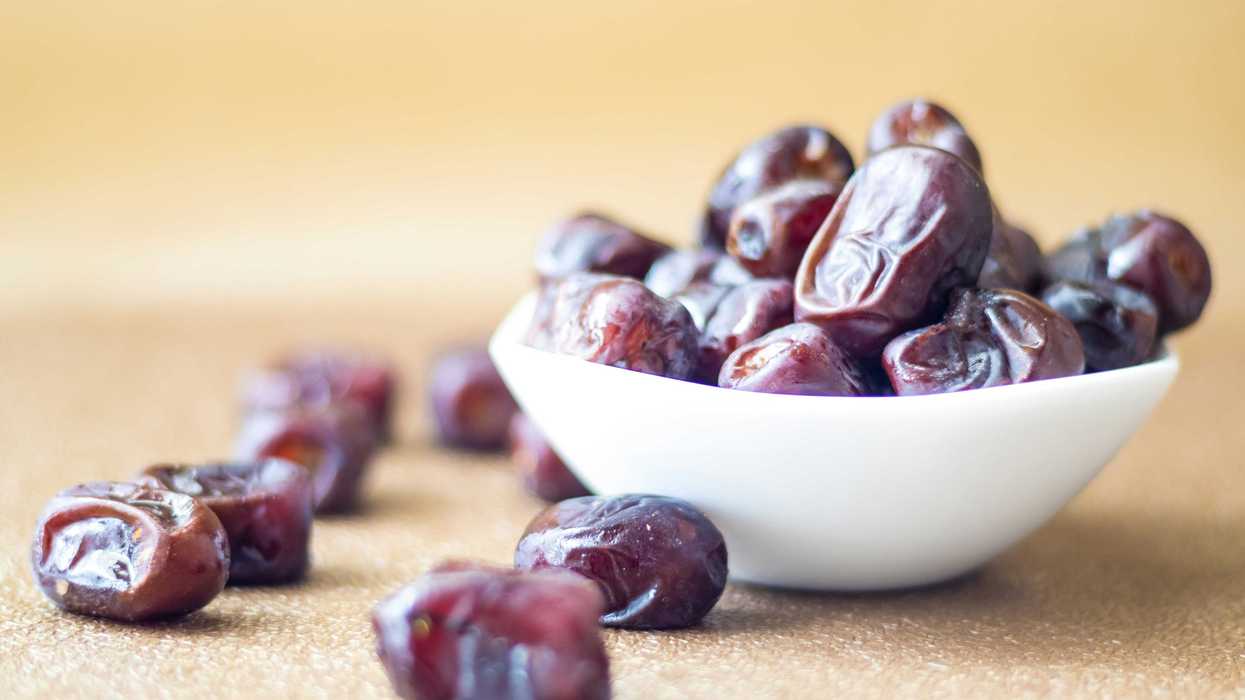Despite bans in Britain, hazardous pesticides exported to countries like Brazil are harming farmworkers who face exposure with limited protections.
Shanti Das reports for The Guardian.
In short:
- Brazilian farmers suffer health issues from diquat-based pesticides, which are banned in the UK but legally exported.
- In 2023, the UK exported 8,489 tonnes of banned pesticides, with Brazil a leading importer of diquat, linked to poisonings.
- Experts criticize the practice as exploitative, while companies argue the products meet legal standards in importing countries.
Key quote:
"It seems that for countries that produce and export banned pesticides, the life and health of people in recipient countries is not as important as their own citizens.”
— Dr. Marcos Orellana, UN special rapporteur on toxics and human rights
Why this matters:
Exporting hazardous pesticides banned domestically puts farmers in developing countries at risk. Limited access to safety gear and healthcare exacerbates the harm, while regulatory loopholes enable ongoing exploitation.














